Deepening my reading practice in the absence of the scroll
Context is delicious, sustained attention feels amazing
Instagram made my mind into a pinball machine. The frenetic bursts of attention, anchored to nothing, and going nowhere. When I was deep in the scroll, I was in a haze, a blur. I would come out of the scroll like coming out of a bender — hazy about what had happened over the last chunk of time. I learned about the world through Instagram: information came to me decontexualized and random, free from fact checks and organized through the attention-hungry whims of the Algorithm. I couldn’t pay attention to anything for any sustained period of time. I felt an anxious pull toward something. My brain was used to switching focus every few seconds, so anything that demanded more of me made me feel bored and trapped. Surely what I wanted was elsewhere.
Since my spontaneous remission from social media addiction, I have been spending very little time on Instagram, and whenever I do, I am confronted by the randomness of the feed. I have been reading. I read ten books in January, which is insane. I have also been reading articles. I have been looking up interviews with the writers I’m reading, broadening and deepening my context. I downloaded an app that lets me save articles for later, so in my browsing and wandering, following threads of context, when I find something that looks interesting, I can put it aside. Context feels so delicious. Information comes to me slowly, and it comes within a situated context that makes sense. Information is connected to other information, not at random, but through meaningful links. I have been spending time with ideas. Letting the ideas from one books linger and mingle with the ideas from another. Images stay with me. Passages come back to me. That incessant, restless boredom isn’t gone. It returns when I stretch the capacity of my attention, focusing for longer and longer periods of time. But I don’t fold because I know what I want isn’t elsewhere: it’s right here.
One thing I noticed early was that when I wasn’t on Instagram, I had no idea what was going on in the world. Without ever making a conscious decision, Instagram had become my sole source of news. I received the news that the Algorithm offered up. What was “trending.” And the rest of the world, the “untrending” receded into the background. Since discovering that I was no longer receiving any news at all, I downloaded a news aggregate app, that lets me browse a feed of various news outlets. I am finding this feed significantly better than Instagram. It’s a collection of new sources of my choosing, presented in chronological order, without bending to the whims of the attention managing profit hungry Algorithm. The news I get from this feed is long form, with links that lead me to more context if I need it. I also find myself looking up unfamiliar details, getting as much context as I need. I am learning about things happening around the world, not just the things that are “trending.”
For the first time, I am reframing my relationship to social media addiction recovery. I always thought the problem was my smart phone, the tiny computer and all knowing god in my pocket. I never believed I could change my relationship to this god and was caught in a cycle of fixation: binge and purge. Now I am relating to this tiny/gigantic god in new ways. Instead of the mindless scroll, the computer in my pocket is offering me more context, not less. I look up words I don’t know. I save articles for later. I read the news in long form. I translate. I track my book reading and keep a reading list for later. I love my pocket computer and I finally feel that it is working for me, rather than holding me hostage to a blur of meaningless information.
When I have an idea, I save it to a list of ideas for future writing, instead of squeezing it into a text box and giving it up to Instagram. I am only sharing quotes from my reading practice and announcements about new writing on Instagram. My original ideas are being withheld from the profit hungry attention pirates of Instagram. It feels really good. I want to be a part of a shift away from the frenetic, pinball attention of social media, toward slower, long form writing, reading, and thinking. It is absolutely gross the way our attention is parasitized for profit. I don’t want to be a part of it anymore. So thank you to everyone who is joining me over here.
Here is some of the recent reading that my freedom from Instagram has allowed me to enjoy. Plus one song because why not. And some articles and interviews because I’m insatiable.
Sea of Tranquility by Emily St. John Mandel
I read Station Eleven last year, after watching the tv adaptation, and was really taken with it. Sea of Tranquility is the second book I’ve read by Emily St. John Mandel, and her most recent. This book is a grand scale time travel story, diving into the character’s inner world across great expanses of time. Emily St. John Mandel’s strength is her exploration of her character’s perspectives, the way she moves between the inner worlds of different people with ease. This book also has some of the imaginative world building of future sci fi, and all the fun paradoxes of time travel stories. Definitely worth a read.
Trespasses by Louise Kennedy
This is probably my favourite book that I have read so far this year. Historical fiction, Trespasses is set in Northern Ireland during the Troubles. It follows the story of a Catholic woman who teaches at a parochial school, tends her family’s bar in the evening, lives with her alcoholic and demanding mother, and falls in love with a married Protestant barrister. Beautifully written, this book takes you deep inside the main character’s mind and worldview as she struggles to maintain her reputation in her Catholic community, while navigating the constant threat of danger due to the normalized everyday violence of the Troubles.
Gut Symmetries by Jeanette Winterson
This is the first book I’ve ever read by Jeanette Winterson, and I found her writing style hard to penetrate at first. The first part of the book was a challenge for me, but once I connected with the characters, it got me. It’s worth sticking it out if you have a similarly hard time arriving in the novel. Gut Symmetries tells the story of a woman who contacts the wife of a man she is having an affair with, and then the wife and the mistress fall headlong into an affair of their own. Moving back and forth between the perspectives of the two women, this is a beautiful story of desire and love between women. It also explores the particular sexuality of bisexual women who are caught between heteronormative scripts of desire for undeserving men and the wild and mysterious first desire between women. It gets quite dark near the end.
“I can't go back into the past and change it, but I have noticed that the future changes the past. What I call the past is my memory of it and my memory is conditioned by who I am now. Who I will be. The only way for me to handle what is happening is to move myself forward into someone who has handled it.” — Jeanette Winterson
We Will Not Cancel Us by adrienne maree brown
I won’t go into my thoughts about this book too deeply here, but follow Fucking Cancelled because Jay and I are going to be releasing an episode soon where we discuss this book at length. I have known about We Will Not Cancel Us for years, as it is always recommended to me as an anti cancel culture Leftist, and it’s often cited as a less problematic critique of cancel culture than my own work, by haters of mine who concede that cancel culture does sometimes go “too far.” I had read excerpts from the title essay and suspected that this book would not be in line with my views and values, and having now read it, that is confirmed. I have many critiques of this book that I will dive into at length on Fucking Cancelled, but for now I’ll explore one quote that exemplifies how this book is in exact opposition to my most deeply held principles.
“We will not cancel us. But we must earn our place on this earth. We will tell each other we hurt people, and who. We will tell each other why, and who hurt us and how. We will tell each other what we will do to heal ourselves, and heal the wounds in our wake. We will be accountable, rigorous in our accountability, all of us unlearning, all of us crawling towards dignity.” — adrienne maree brown.
The heart of my principles, my politics, and my practice is the fundamental belief that every person has inherent and irrevocable dignity, that our fundamental belonging to this world is not something we earn, but something we are always deserving of, that actually can’t be taken away. I believe that the only way toward transformation, responsibility, and justice is through a profound refusal of the worldview that acts as if dignity and belonging to the world are conditional.
This quote also reveals a lack of appropriate boundaries. While the “we will tell each other” isn’t clear in its scale (who is “each other”?), I read it in its context which is a culture that equates “accountability” with total transparency on the internet. I don’t actually believe that we should go around telling everyone who we hurt and what we did and how we are healing. I believe in people’s right to privacy in their process of recovery and responsibility. I believe we must be totally honest with someone in order to heal, but we can and should be discerning about who we trust with our sensitive information. Responsibility and honesty do not require total transparency.
Finally, to quote the Big Book: “As God’s people we stand on our feet; we don’t crawl before anyone.”
To Paradise by Hanya Yanagihara
This is the first book I’ve read by Hanya Yanagihara, and it is an epic. The book is actually three novels in one, telling three separate but thematically linked stories. Staggeringly vast in scope and imagination, while also precise, intimate, and compelling, this book pays equal attention to world building and to character development. The first book tells an alternative history of the United States, where some of the States declare independence, and both legalize and normalize same sex marriage. In these states founded on a declaration of “free love”, society is starkly stratified along class lines, and love is not as free as declared. Moving forward in time, the second book tells the story of a young man and his older lover during an unnamed epidemic that is killing gay men, followed by the story of the young man’s father, forgotten royalty in Hawaii’s defunct monarchy. The thid book reveals a dystopian future America of massive State control and endless pandemics, a young women altered by the treatment that saved her life, and her grandfather’s desperate wish for her safety and happiness. That brief description really can’t do justice to the scope of this book, which ultimately explores wealth and status, the cages these build, and the longing for intimacy, autonomy, and freedom that these deny. To Paradise follows its characters off the edge of the cliff of belief in something better.
A large number of characters in this book are gay men, and Hanya Yanagirhara spoke in an interview about the recent “social justice” demands that writers stick to their own identities: “I have the right to write about whatever I want. The only thing a reader can judge is whether I have done so well or not.”
Dirtbag by Amber A’Lee Frost
Dirtbag is a millennial socialist memoir by writer, organizer, and Chap Trap House cohost, Amber A’Lee Frost. A must read for disaffected Leftists, deprogrammed social justice warriors, and anyone who wants an honest assessment of the last decade or so of Leftist organizing efforts in North America. Amber is funny, down to earth, and unpretentious, while being smart, sincere, and unflinching in her assessment of the Left. She covers Occupy, the Bernie Sanders campaigns, the misdirected popularity of mutual aid, the career climbing NGO’s undercutting of the political goals they claim to support, and the necessity of a return to labour in order to find the power the Left has lost. Stay tuned to Fucking Cancelled because we interviewed Amber about the book and it will drop soon.
“The reality is that the wealth of the people has already been hoarded by the elites, and what's left outside of their empire isn't enough to sustain us. If there's anything good, they probably already have it, and we need to take it. Groceries are one thing, but I cannot make insulin in my bathtub, nor can I build habitable housing on the fly. The math doesn't lie; we can't evade class conflict by slicing meager scraps thinner and thinner. That's just sharing a boiling pot of stones.” — Amber A'Lee Frost
How to Change Your Mind by Michael Pollan
I started reading How to Change Your Mind last year, and finished it in January. This deep dive into psychedelics looks at them from multiple angles. Michael Pollan is a journalist and rigorous researcher and he offers a thorough history of psychedelics in North America: their rise to prominence, their disappearance underground with the War on Drugs, and their recent resurgence. It is a crazy and complex history and Pollan brings it to life. The book also explores psychedelics from medical, spiritual, neurological, philosophical, and experiential angles. I recommend it to anyone interested in these powerful chemicals and what they can offer us.
The Glass Hotel by Emily St. John Mandel
I was drawn into The Glass Hotel when I realized that its central characters had made minor appearances in The Sea of Tranquility. I found that delightful and dove into this novel. In Emily St. John Mandel’s classic style, the story is told through the shifting perspectives and inner worlds of the various characters. Moving between the dense forest of a British Columbia island to the dense and busy streets of New York City, from working life to intense riches and leisure, this book explores our sense of self, and the way dishonesty can manifest a real, if fragile, world in which to inhabit. Underneath the quest for status and ease, is a deeper search for meaning, and for the most important things we have lost.
How to Turn Into a Bird by María José Ferrada
How to Turn Into a Bird is a whimsical story told through the eyes of a twelve year old boy. His uncle makes the unusual decision to live in the structure of a billboard much to the chagrin of the gossiping neighbours in the nearby housing complex. The alcoholic uncle who turns his back on responsibility and expectation to do the autonomous and absurd, represents wonder and freedom to the nephew who looks up to him. In the background of this dreamy fantasy, the harsh real world of poverty, homelessness, intergenerational trauma, and child abuse looms large and comes into starker focus as the story advances. Definitely worth a read.
“One side of love, an undervalued one, has to do with letting the other person walk their own path.” — María José Ferrada
Equal Rites by Terry Pratchett
Jay is a huge Terry Pratchett fan so I knew about the DiscWorld novels but I always maintained that I didn’t like fantasy or lighthearted, funny books. What a strange hill to die on. What a limited imagination for what I might enjoy. In my expansive new reading practice, I finally decided to give Pratchett a try. I was absolutely delighted. Equal Rites is the story of a young girl who becomes a wizard through an accident of fate, even though girls are definitely not allowed to be wizards. Her Granny is a witch and attempts to teach her the ways of witchcraft to dissuade her from wizard magic, but the wizard magic won’t be subdued and so they set off on an adventure to try to get her into wizard school, a place reserved for boys and men. I had so much fun reading this.
“For the first time in her life Granny wondered whether there might be something important in all these books people were setting such store by these days, although she was opposed to books on strict moral grounds, since she had heard that many of them were written by dead people and therefore it stood to reason reading them would be as bad as necromancy. Among the many things in the infinitely varied universe with which Granny did not hold was talking to dead people, who by all accounts had enough troubles of their own.” — Terry Pratchett
Liberation by Ernesto Melchor
Someone sent me this song, Liberation, and I have been listening to it and crying most days. The defence of the personhood of animals, the plea to recognize their inner worlds, their capacity for feeling, and their desire for freedom means so much to me. Seeing a whole group of people sing these words is so powerful. If you have ever known and loved an animal, you know that they are not objects, but beings. And they do not want to suffer cruelty and captivity throughout their one precious life. I hope we can collectively undo our massive dissociation and extend empathy and solidarity to nonhumam animals.
“I'm in pain, living in misery / Won't you do something about it? / Please do something about it / You say I'm different / so you treat me lesser than / but you are so wrong about me / Yes, you are so wrong about me / Because I'm like you / I feel pain, love too / I'm you but in a different body / Yet there's still life inside my body / Let me be free / Freedom from your tyranny / It's all I've ever wanted / It's all I've ever wanted / Liberation for the animals / Liberation because we are all animals / We're all animals”— Ernesto Melchor
Articles and Interviews
On Self- Respect by Joan Didion
“It is the phenomenon sometimes called alienation from self. In its advanced stages, we no longer answer the telephone, because someone might want something; that we could say no without drowning in self-reproach is an idea alien to this game. Every encounter demands too much, tears the nerves, drains the will, and the spectre of something as small as an unanswered letter arouses such disproportionate quilt that one's sanity becomes an object of speculation among one's acquaintances. To assign unanswered letters their proper weight, to free us from the expectations of others, to give us back to ourselves--there lies the great, the singular power of self-respect. Without it, one eventually discovers the final turn of the screw: one runs away to find oneself, and finds no one at home.” — Joan Didion
The Laugh of the Medusa by Hélène Cixous
“Write, let no one hold you back, let nothing stop you: not man; not the imbecilic capitalist machinery, in which publishing houses are the crafty, obsequious relayers of imperatives handed down by an economy that works against us and off our backs; and not yourself. Smug-faced readers, managing editors, and big bosses don't like the true texts of women - female-sexed texts. That kind scares them.” — Hélène Cixous
Trashing: The Dark Side of Sisterhood by Jo Freeman
“The use of social pressures to induce conformity and intolerance for individuality is endemic to American society. The relevant question is not why the Movement exerts such strong pressures to conform to a narrow standard, but what standard does it pressure women to conform to. This standard is clothed in the rhetoric of revolution and feminism. But underneath are some very traditional ideas about women's proper roles. I have observed that two different types of women are trashed. The first is the one described by Anselma Dell'Olio — the achiever and/or the assertive woman, the one to whom the epithet “male-identified” is commonly applied. This kind of woman has always been put down by our society with epithets ranging from “unladylike” to “castrating bitch.” The primary reason there have been so few “great women _____” is not merely that greatness has been undeveloped or unrecognized, but that women exhibiting potential for achievement are punished by both women and men. The “fear of success” is quite rational when one knows that the consequence of achievement is hostility and not praise. Not only has the Movement failed to overcome this traditional socialization, but some women have taken it to new extremes. To do something significant, to be recognized, to achieve, is to imply that one is “making it off other women's oppression” or that one thinks oneself better than other women. Though few women may think this, too many remain silent while the others unsheathe their claws.” — Jo Freeman
Poetry is Not a Luxury by Audre Lorde
“Poetry is the way we help give name to the nameless so it can be thought.” — Audre Lorde
Hanya Yanagihara: ‘I have the right to write about whatever I want’
“I have the right to write about whatever I want. The only thing a reader can judge is whether I have done so well or not.” — Hanya Yanagihara
Doireann Ní Ghríofa Recommends...
“Whenever my writing snarls itself into a tangle, I always take the same approach — I carry that horrible knot to bed and quench the lamp. Then, I wait. In the dark, my drowsy mind probes that tangle, whirling under it and around it, nudging and poking, tugging at any slack. The threads seldom loosen before I lose consciousness. Instead, I’m yanked awake at 3:00 or 4:00 AM, to fumble for my phone and tap urgent clues to my waking self. I have learned to trust in the ordinary darkness of a bedroom, because I trust in the illumination I’ve felt there.” — Doireann Ní Ghríofa
The Most Precious Resource is Agency by Simon Sarris
“Gaining agency is gaining the capacity to do something differently from, or in addition to, the events that simply happen to you.” — Simon Sarris
“The degree to which we allow transformation — whether it comes in the form of new prism glasses or a new cochlear implant or a new love — may be the fullest measure of our courage, the great barometer of being fully alive.” — Maria Popova
Announcements and new things
Book Club with Tara and DJ: 'The Ministry for the Future' by Kim Stanley Robinson
The eyes looking back: a collection of essays on feminism, anger, boundaries, and grief.
Reclaiming Our Power: A special workshop for women by Clementine Morrigan at Breitenbush Hot Springs in Oregon, USA, in March 2024 — Limited spots available.
Contemporary Spirituality: Meaning and Mysticism in the Modern Age (Upcoming course I’m teaching in) — Use the code TEACH-CS-MORRIGAN for a discount.
Things I’m reading, listening to, watching or thinking about lately
Sacrificio by Ernesto Mestre-Reed
Searching for Stars on an Island in Maine by Alan Lightman
Featured from the shop
A new zine! Available in hard copy. Digital version coming soon.
The eyes looking back is a collection of essays on feminism, anger, boundaries, and grief. Wide ranging in their inquiries, these essays touch on the subtle sexism of self-proclaimed feminist men, the difficulty of expressing desire and setting boundaries in the aftermath of childhood trauma, the psychiatrization of trauma and the junk science of the DSM, the experience of sexual assault through negligence rather than malicious intent, and the grief and pain of constrictive gender roles, heteronormativity, and objectification. These essays are compassionate and curious while insisting on the importance of anger and the necessity of telling the truth.
List of essays
When you say I seem angry, I get more angry: Why your anti cancel culture fave is still a fucking feminist
The substitutes we accept for love
Sexual assault through negligence
As forcefully as the moment demands: On boundaries, anger, and messy break ups
I'm so angry, I don't think it will ever pass
The humiliation of desire: On asking for what I want
Other people's disappointment
The eyes looking back: On my refusal to be an object and what this can sometimes make men feel
Clementine Morrigan is a writer and public intellectual based in Montréal, Canada. She writes popular and controversial essays about culture, politics, ethics, relationships, sexuality, and trauma. A passionate believer in independent media, she’s been making zines since the year 2000 and is the author of several books. She’s known for her iconic white-text-on-a-black-background mini-essays on Instagram. One of the leading voices on the Canadian Left and one half of the Fucking Cancelled podcast, Clementine is an outspoken critic of cancel culture and a proponent of building solidarity across difference. She is a socialist, a feminist, and a vegan for the animals and the earth.
Browse her shop, listen to her podcast, book a one on one session with her, or peruse her list of resources and further reading.


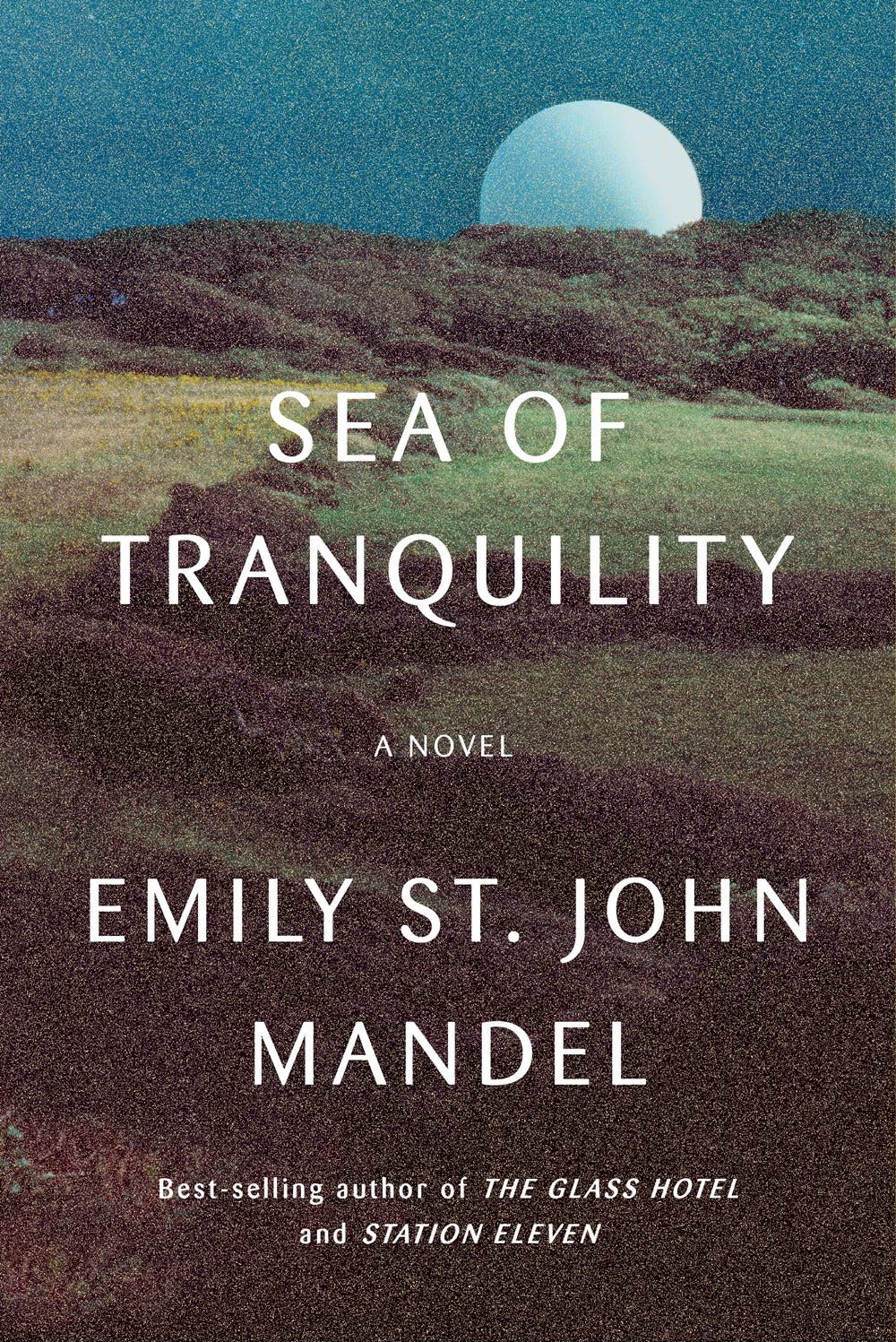
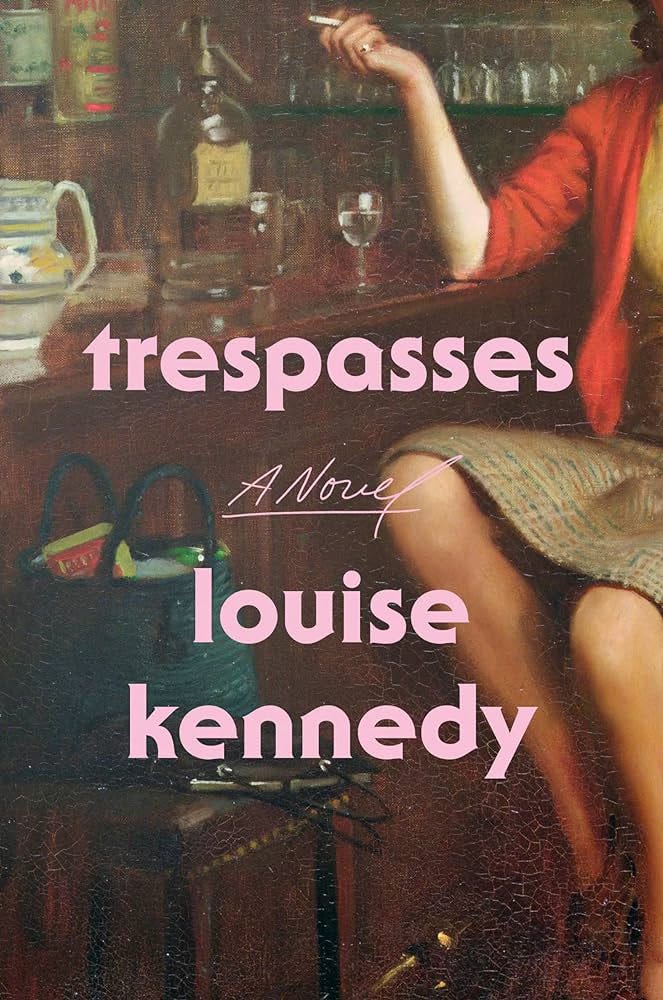
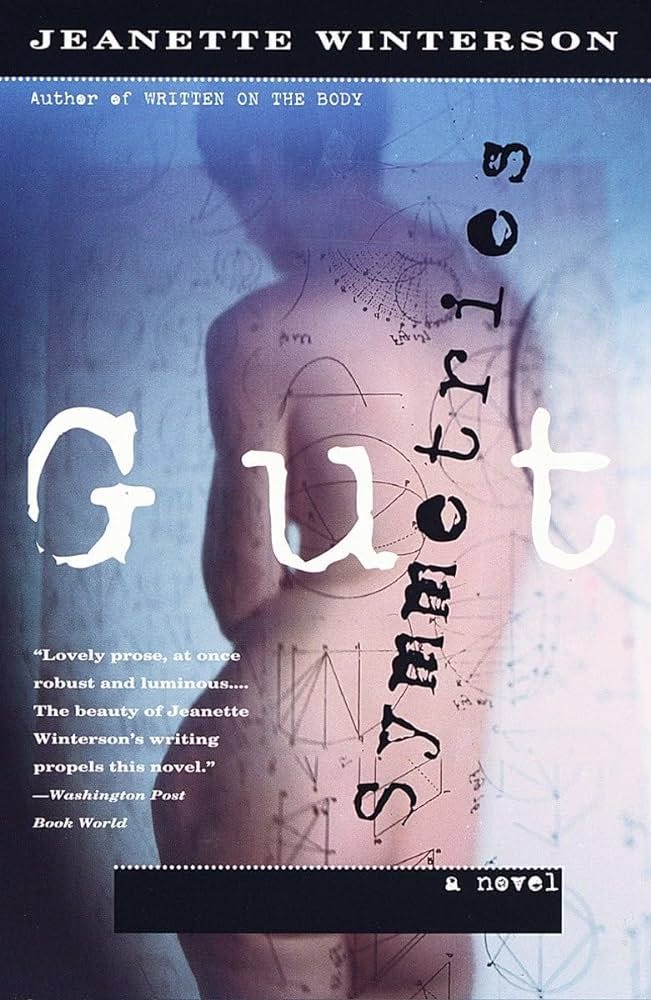
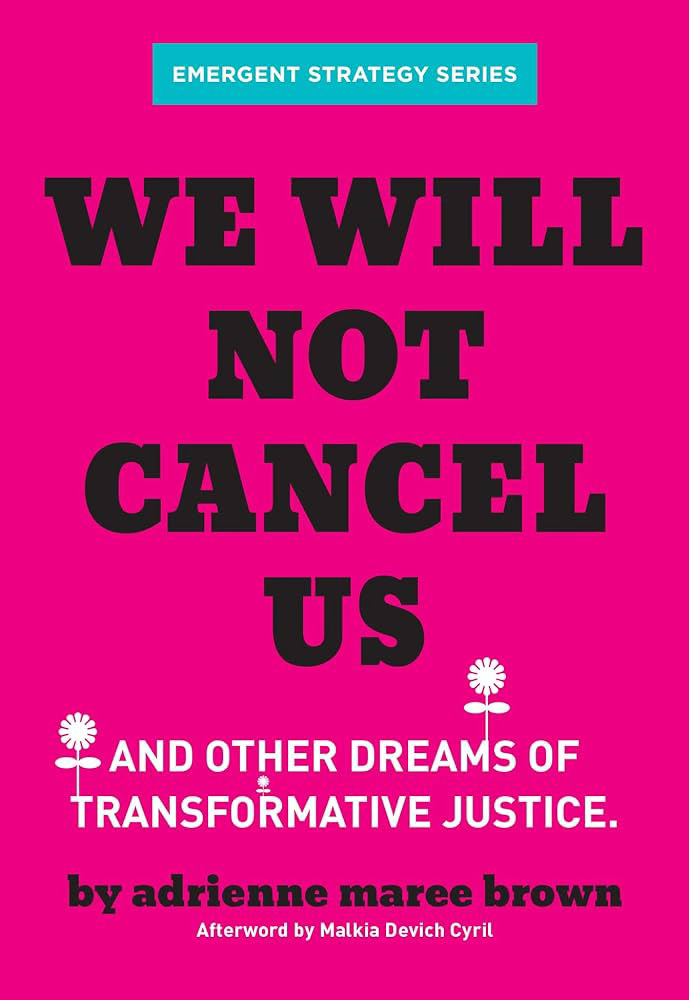
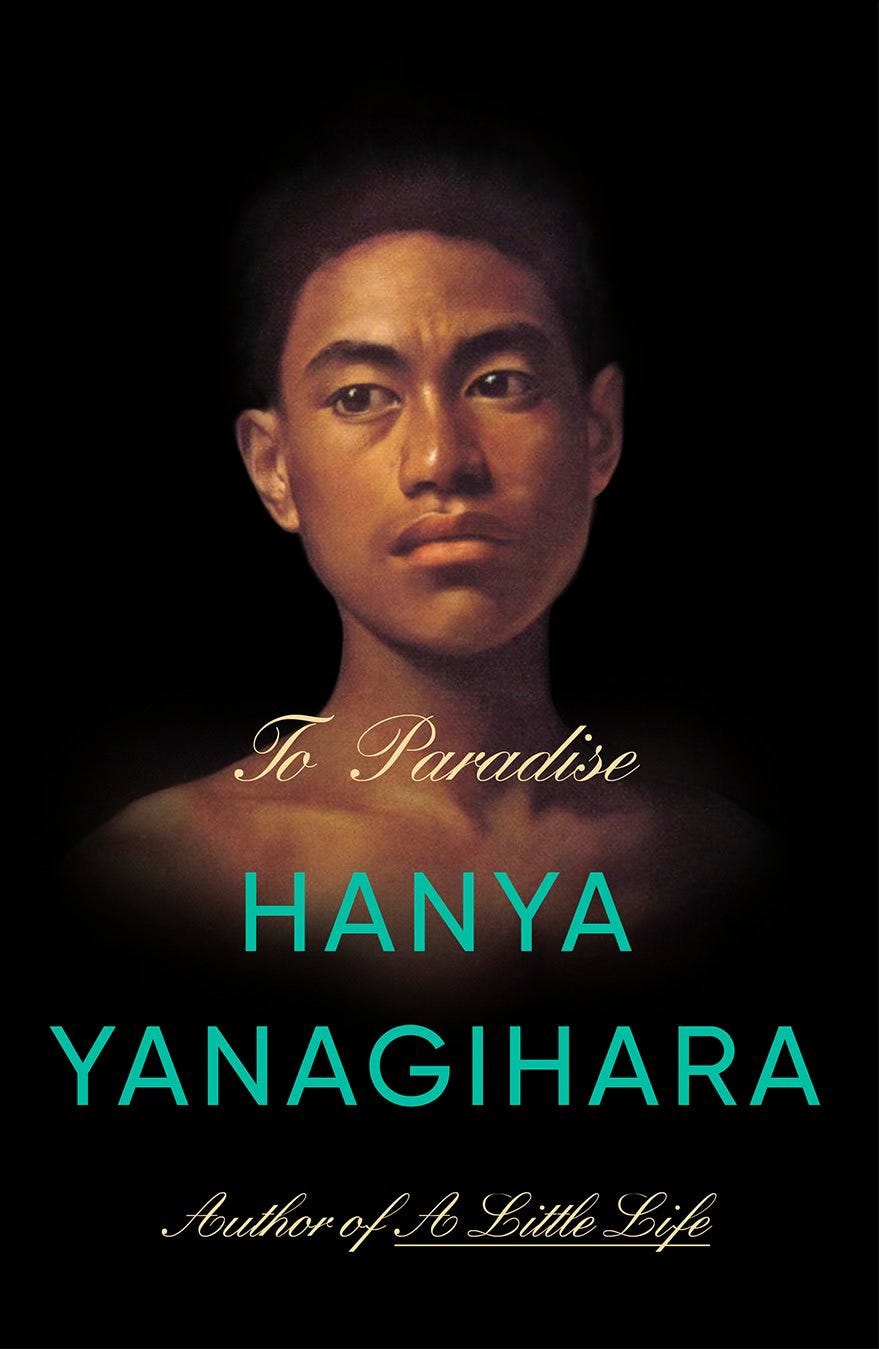


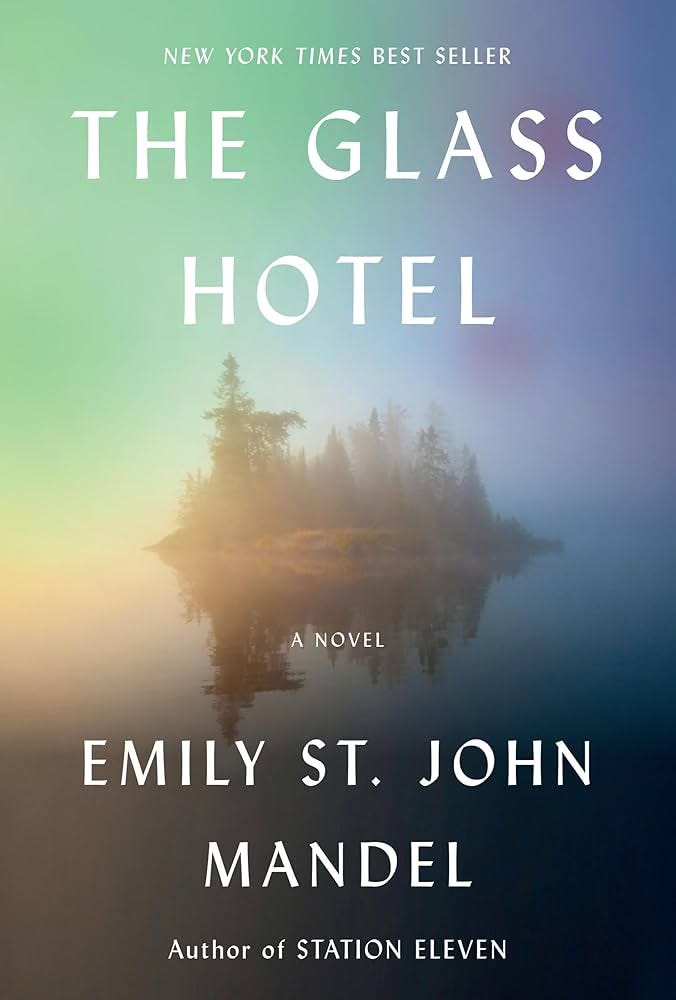

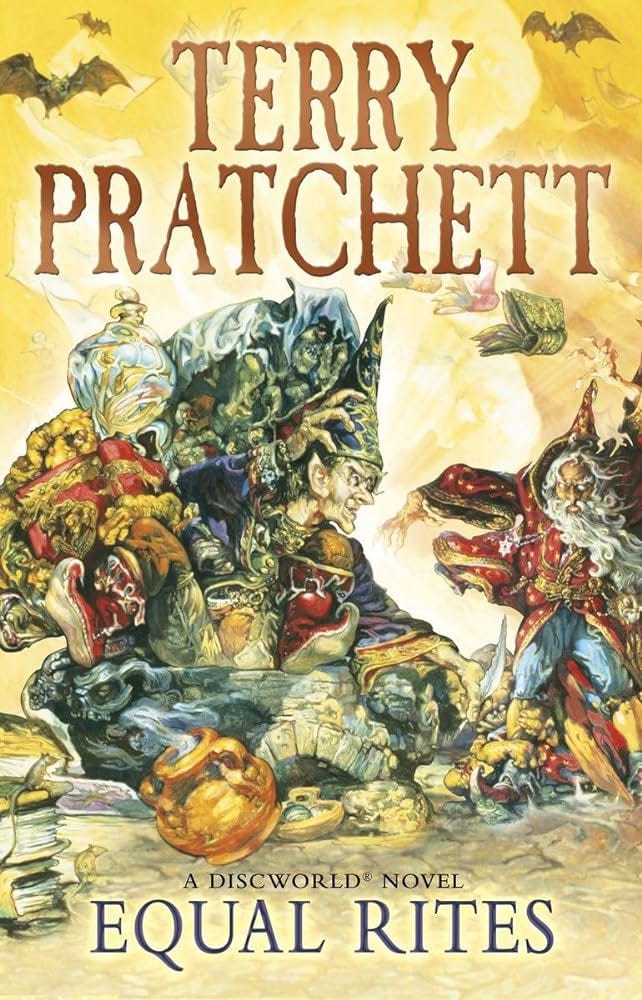
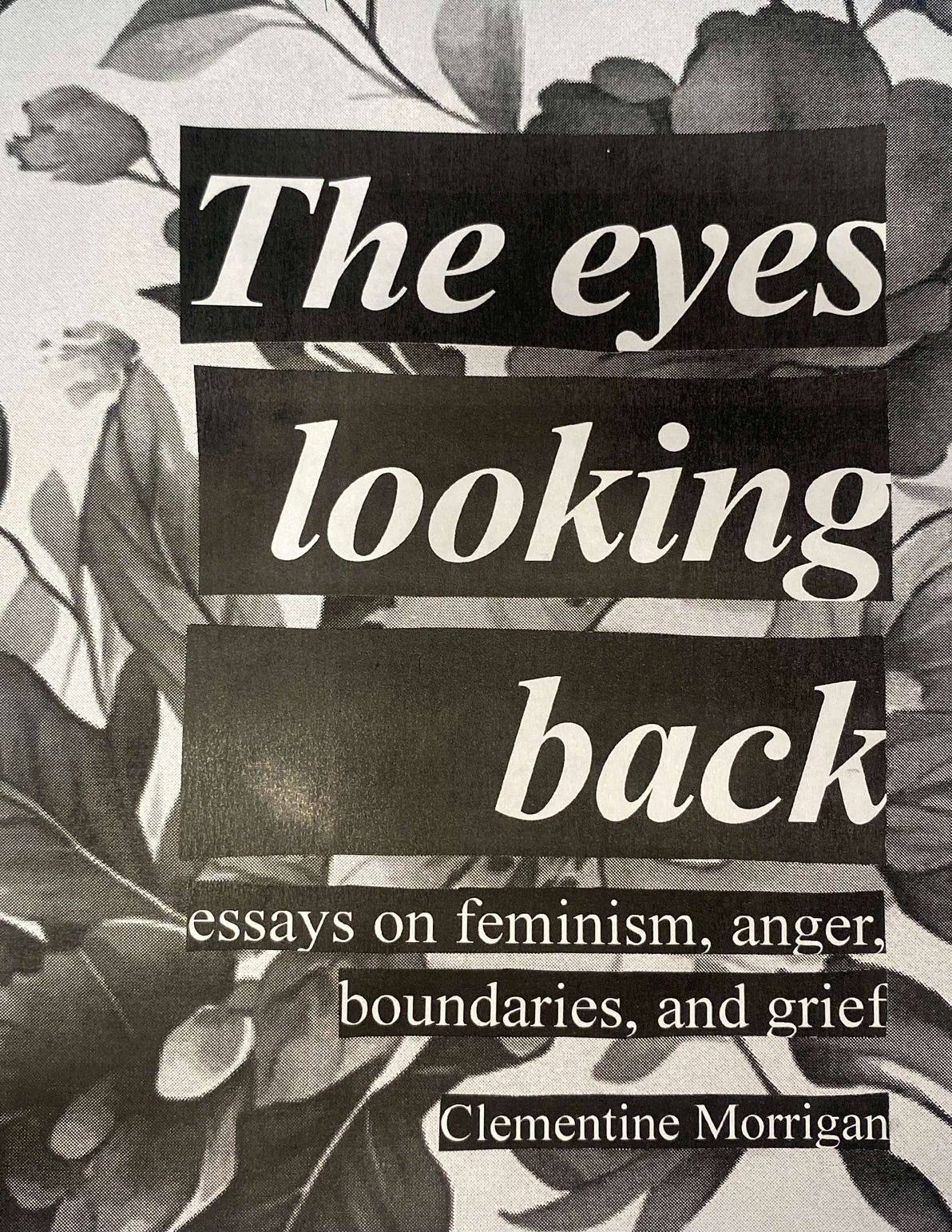
This is so amazing to read. I was slowly leaving social media, saw your post about fave books of 2023, read Stolen Focus, and then slammed the door on it. I cannot believe how much my LIFE has changed. I’ve gone through the same experience with reading books. I can’t get over how much depth I was missing, how my brain processes information now, and how much happier my nervous system is. I am having so much fun LEARNING again. I’m also sober (drugs & alcohol), but now I’m back to truly being *emotionally* sober. For anyone questioning leaving, I can’t recommend it enough.
I'm really looking forward to your podcast about AMB's book. I'm sooooo tired of the narratives that tell us that humans need to earn our dignity. And I will die on the hill of inherent worth and value and infinite possibility for redeemability of every being.
And thank you for the book recs! I quit social media cold turkey following a particularly powerful plant medicine journey last summer. It truly feels like I gained back agency over my own brain and body. Never going back. I now get to enjoy writers like you here on SS!